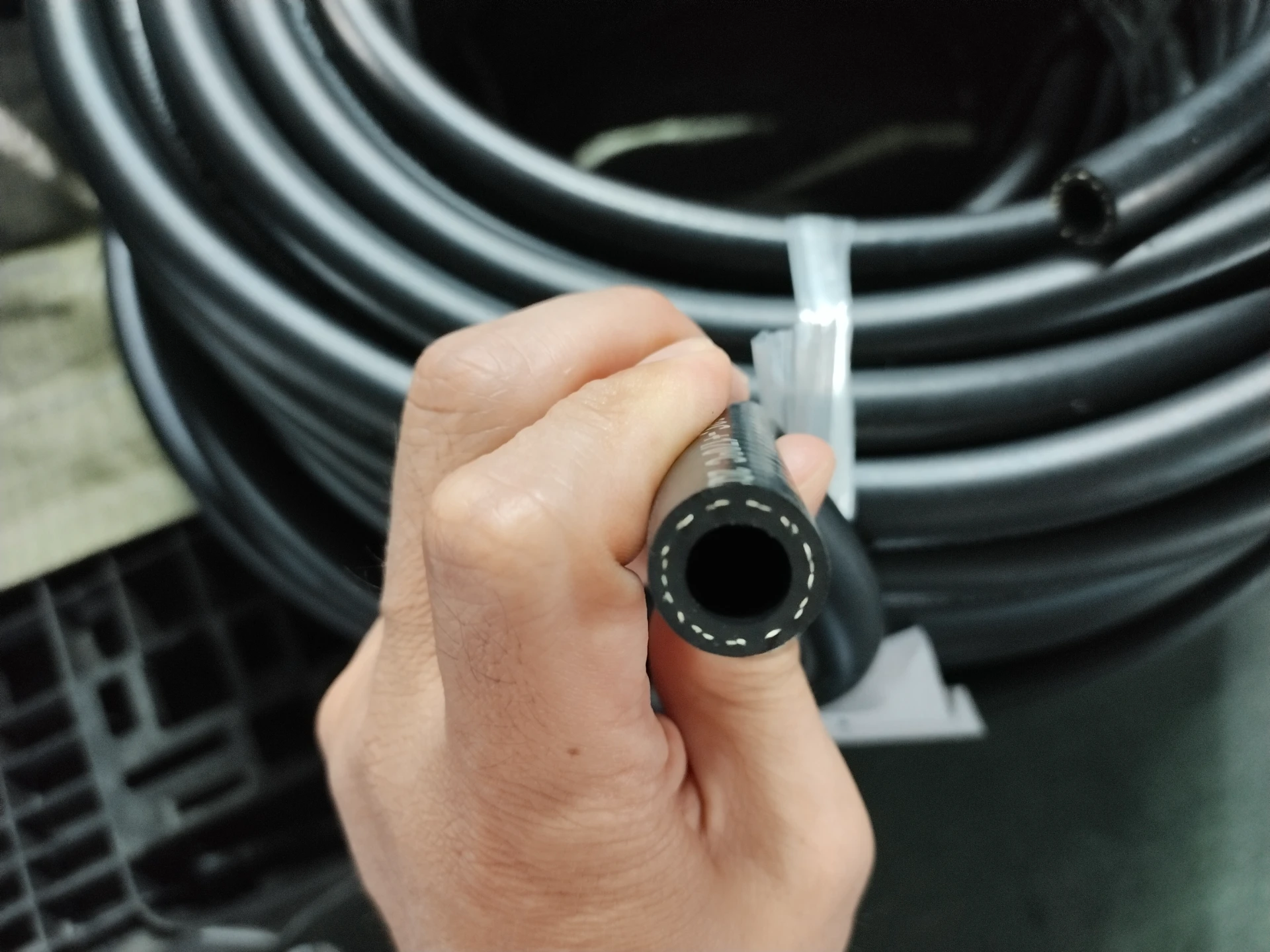Oil Cooler Tube - High Performance Engine Cooling Solutions
Sep . 16, 2024 10:36 Back to list
Oil Cooler Tube - High Performance Engine Cooling Solutions
Understanding Oil Cooler Tubes Importance and Functionality
Oil cooler tubes play a crucial role in the efficient functioning of internal combustion engines and other machinery that rely on oil for lubrication and cooling. These tubes are essential components that help maintain optimal oil temperatures, preventing overheating and ensuring the longevity of engine parts.
At its core, an oil cooler tube is designed to carry oil from the engine to the cooler, where it is cooled before being circulated back to the engine. This process is vital because oil, while serving as a lubricant, also absorbs heat generated by friction and combustion within the engine. Without adequate cooling, the oil can become overly hot, leading to a breakdown of its lubricating properties and potentially causing severe engine damage.
The design of oil cooler tubes varies depending on the specific application and the engine design. Most commonly, these tubes are made from materials that can withstand high temperatures and pressures, such as aluminum or durable steel. Some tubes are designed with exterior fins to increase the surface area, allowing for more efficient heat exchange. Efficient heat dissipation is key, as it helps to lower operating temperatures, enhancing the engine's performance and efficiency.
oil cooler tube

In many modern vehicles, oil cooler tubes are integrated with other components to maximize efficiency
. For example, some systems use a combined oil and coolant cooler that uses the engine's coolant to help reduce oil temperatures. This method not only improves the cooling process but also helps to conserve space within the engine compartment, which is increasingly valuable as manufacturers look to design more compact vehicles.Regular maintenance of oil cooler tubes is essential to avoid potential issues. Over time, tubes can become clogged with debris or suffer from wear and corrosion, which can impede oil flow and reduce cooling efficiency. Signs that an oil cooler tube may need attention include overheating engines, unusual noises, or noticeable drops in engine performance. Routine inspections and timely replacements can prevent small issues from developing into major repairs.
The importance of oil cooler tubes extends beyond individual vehicle engines; they are also crucial in various industrial applications, such as heavy machinery and generators. In these scenarios, maintaining proper operating temperatures is not only vital for performance but also impacts overall safety and operational reliability.
In conclusion, the oil cooler tube is a small yet significant component in the world of engine technology and mechanical systems. By facilitating efficient heat exchange and ensuring that oil remains at optimal temperatures, these tubes play an integral role in the performance and longevity of engines. Regular maintenance and understanding of their function can lead to improved engine efficiency and reliability, making them an essential focus for any vehicle or machinery owner.
